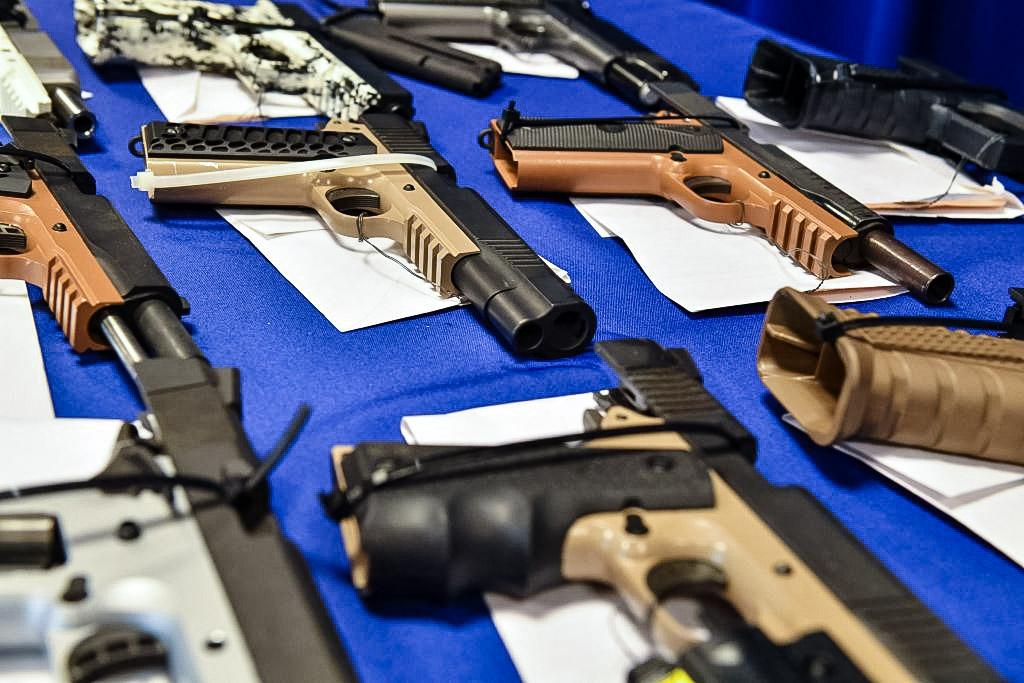A California court has prohibited a Texas-based company from selling machines used for gun manufacturing in the state.
Last year, California filed a lawsuit against Defense Distributed and related entities, accusing them of violating state laws by selling certain computer numerical control (CNC) milling machines. These machines are used to manufacture “ghost guns,” which are “untraceable, unserialized firearms” that can be produced at home.





